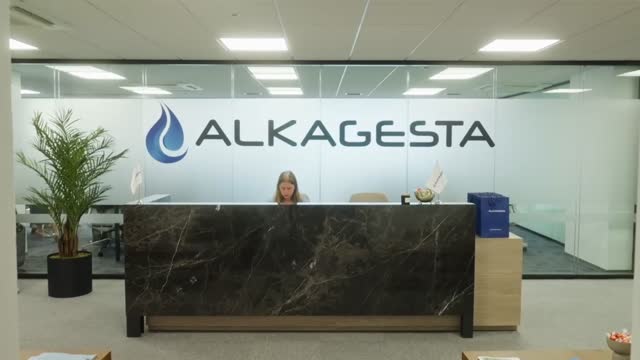A recent study by Gallup has found that 65.3 per cent of workers in Malta are not engaged in their place of work.
These findings form part of Gallup’s Q12, an engagement survey that measured employees’ perspective on the crucial elements of workplace culture between the years 2021 and 2023.
Gallup defines non-engaged employees as psychologically unattached to their work and company. In such cases, while employees put time into their work, they do not put energy or passion into it.
While 12.9 per cent of workers in Malta find themselves actively disengaged with their employment, 21.8 per cent are engaged.
Overall, engaged employees have better well-being and retention, lower absenteeism, as well as higher productivity at the workplace.
On the complete opposite side of the scale, actively disengaged employees are not only unhappy with what they do but are resentful because their needs are not met.
Despite a significantly higher level of non-engagement within the workforce, both of Malta’s non-engagement and active disengagement rates are lower than EU averages which stand at 72 per cent and 16 percent, respectively.
Conversely, the EU average for engaged employees stood at 13 per cent around nine per cent less than Malta.
On a global scale, despite overall better well-being, another Gallup study noted that even though managers were found to be more engaged, on a daily basis they experience higher levels of negative emotions.
Such emotions may lead employees to look at different work opportunities, despite them being passionate about their work.
Recently, Mariella Galea, HR Consultant and Trainer at HR TalentLead, stated that in 2024, business leaders and managers are struggling with fostering an environment that “not only attracts but retains top talent.”
She noted that employee turnover remains a significant business concern. “Starting from the recruitment phase, the ultimate goal is to onboard employees who excel, stay, and grow within the organisation,” she said.
Nonetheless, she commented that the ultimate challenge lies in the organisation’s effort to keep team members “engaged and motivated” and that is where employers and managers play a critical role.
The highest level of employee engagement in Malta was registered between 2011 and 2013
Employee engagement in Malta has fluctuated throughout the years.
The highest level of engagement, when measured with the same survey, stood at 23.2 per cent between 2011 and 2013. On the other hand, the lowest levels were registered between 2014 and 2016 at 16.1 per cent.
| 2011 – 2012 | 2011 – 2013 | 2012 – 2014 | 2013 – 2015 | 2014 – 2016 | 2015 – 2017 | 2016 – 2018 | 2017 – 2019 | 2018 – 2020 | 2019 – 2021 | 2020 – 2022 | |
| Not engaged | 60.8 | 56 | 19.8 | 18.5 | 14.2 | 12.5 | 10.1 | 13.3 | 12.7 | 12.8 | 12.6 |
| Actively disengaged | 20 | 20.9 | 60.4 | 63.6 | 69.9 | 70.2 | 68.3 | 64.9 | 66 | 66.2 | 67.1 |
About the survey
The survey, with a median participation rate of 84 per cent, measured engagement in the respondents’ organisation using a proprietary formula.
Data was collected using the Gallup World Poll with randomly selected samples. Administered annually, the survey is conducted in person or by telephone covering over 160 countries, including Malta.
Counter offers are a short-term fix, says recruitment director Emanuel Zammit
'Counter offers are usually a short-term patch on a long-term issue.'
IDC Malta launches Boardroom Excellence Workshop Series 2026
The initiative is designed for both current and aspiring directors as well as senior executives.
Alkagesta secures access to NATO pipeline to supply fuel to Europe’s biggest airports
The pipeline stretches roughly 5,300km across Northwest Europe.
Malta’s merit-based citizenship framework is taking shape – but key questions remain
Things are (a bit) clearer.









